Last month Google released what they are calling the biggest change to online search in five years. In this blog, CEO Ryan Miller breaks down the reasons behind this change and how it is affecting our industry. While Google claims you are not able to directly optimize for this new type of search, there are five key steps you can take to ensure that you are ready for the rise of voice-based inquires.
Welcome back, Ryan Miller with Etna Interactive and we’re going to talk today about a really big change that has happened at Google. Now, there was a study that came out just a couple of months ago that found for the medical industry in particular what we’re more dependent than any other industry on Google is for connecting with our consumer, our patients. So when a change like this, something really big happens, well it’s important that we understand the implications. Here’s the reassurance, it’s kind of the spoiler alert for this short video, it was a huge change for Google, not such a big change for you.
What happened particularly is at the end of October the released an update to their algorithm called BERT – now it’s Bidirectional Encoder Representations and Transformers and we have to appreciate the irony here because this was an update that specifically was about Google understanding spoken human word, voice-based searches better than they could in the past and yet they choose a name for it that’s almost incomprehensible. The irony is certainly not lost on me.

Now the implication here, the why it happened, it’s a reaction on Google’s part to the rise of voice-based search. So all of those searches that we do when we talk to our phone and try to get directions, try to get help, try to get recipes, all of those things are on the rise and Google knew that they needed to respond.
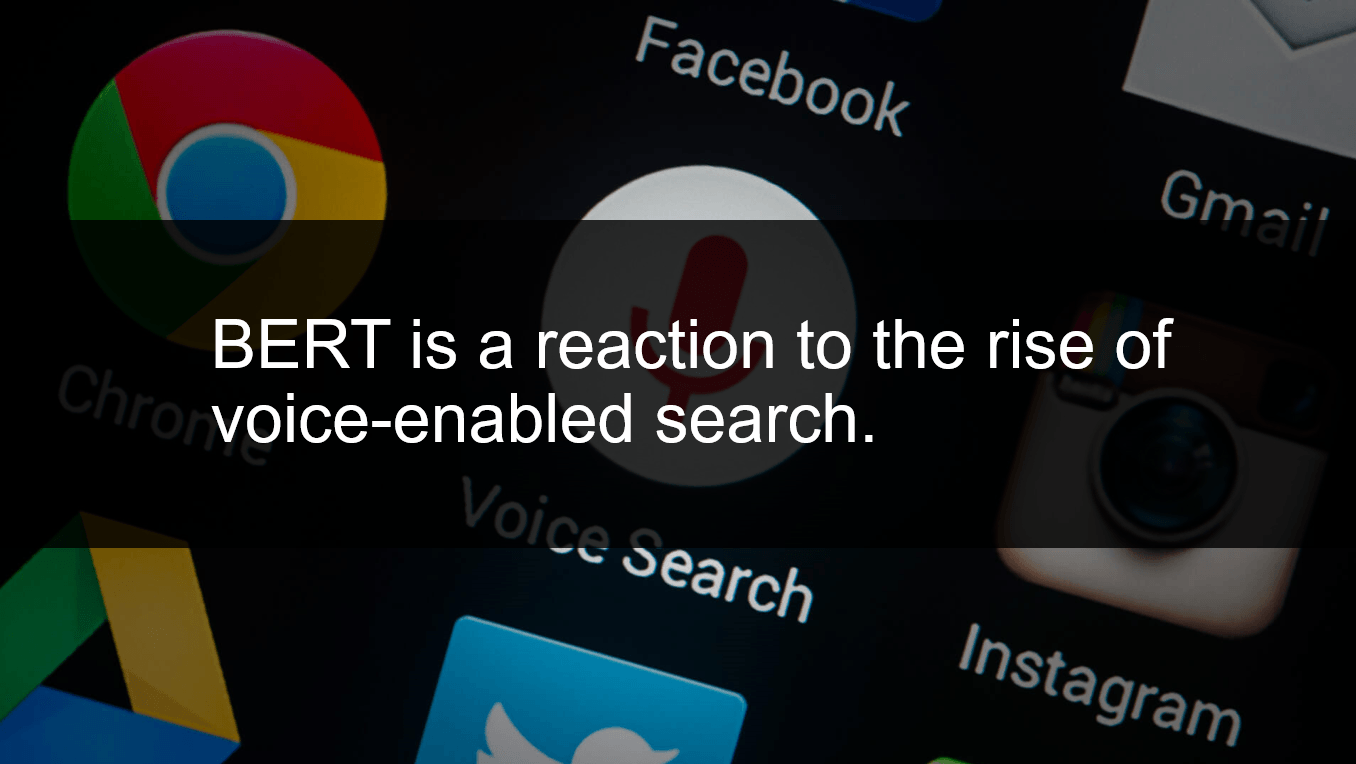
Now, what’s important to understand about this algorithm update it is doesn’t actually change how sites rank. Instead, what it’s doing is it allows Google to better understand the actual nature of the query so that Google, well, they can get the right results, the best results, with what they now understand more clearly.
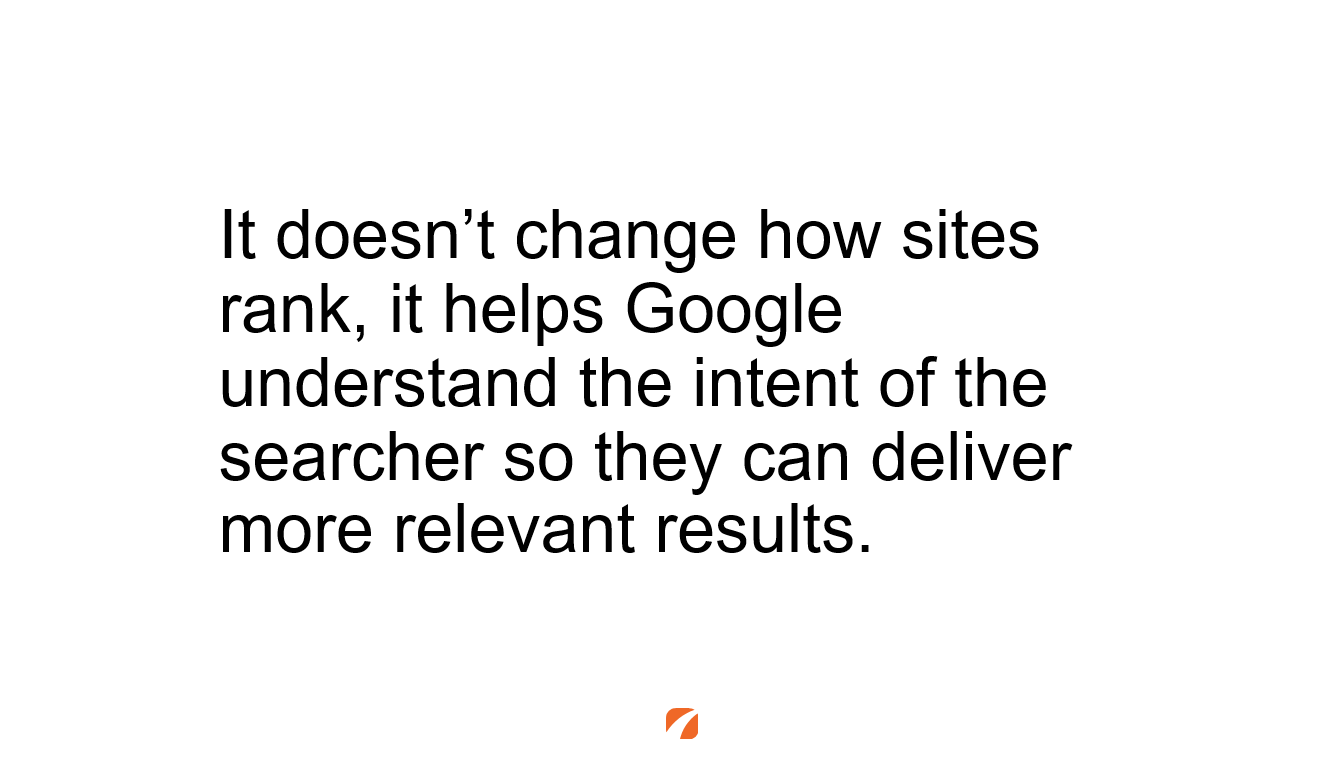
An example that I like to use here, I just recently had a chance when I was in New York City, to see Moulin Rouge on Broadway. Years ago if I had asked Google, and spoken into my phone, ‘who played the sitar in Moulin Rouge’ what I would have gotten would be something like the IMDb movie summary because they really couldn’t understand or interpret what I was trying to get at. Today, try it yourself, ask Google ‘who played the sitar on Moulin Rouge’ now this is confusing because there actually was a musician who played the sitar in several of the songs, but the real answer we’re all trying to get at is John Leguizamo, he actually dressed as a sitar in the stage performance for Moulin Rouge.
So, ultimately the thing that Google has come back and told us about this is look, this is about us understanding you, not you trying to manipulate us, and their direction is that you can’t officially optimize for BERT. But, here is the big takeaway, you can optimize for humans and the way they speak to their voice search devices. So let’s close with some practical action for you. Five tips that you can use when you start thinking about ‘how do I prepare for voice-based search’.
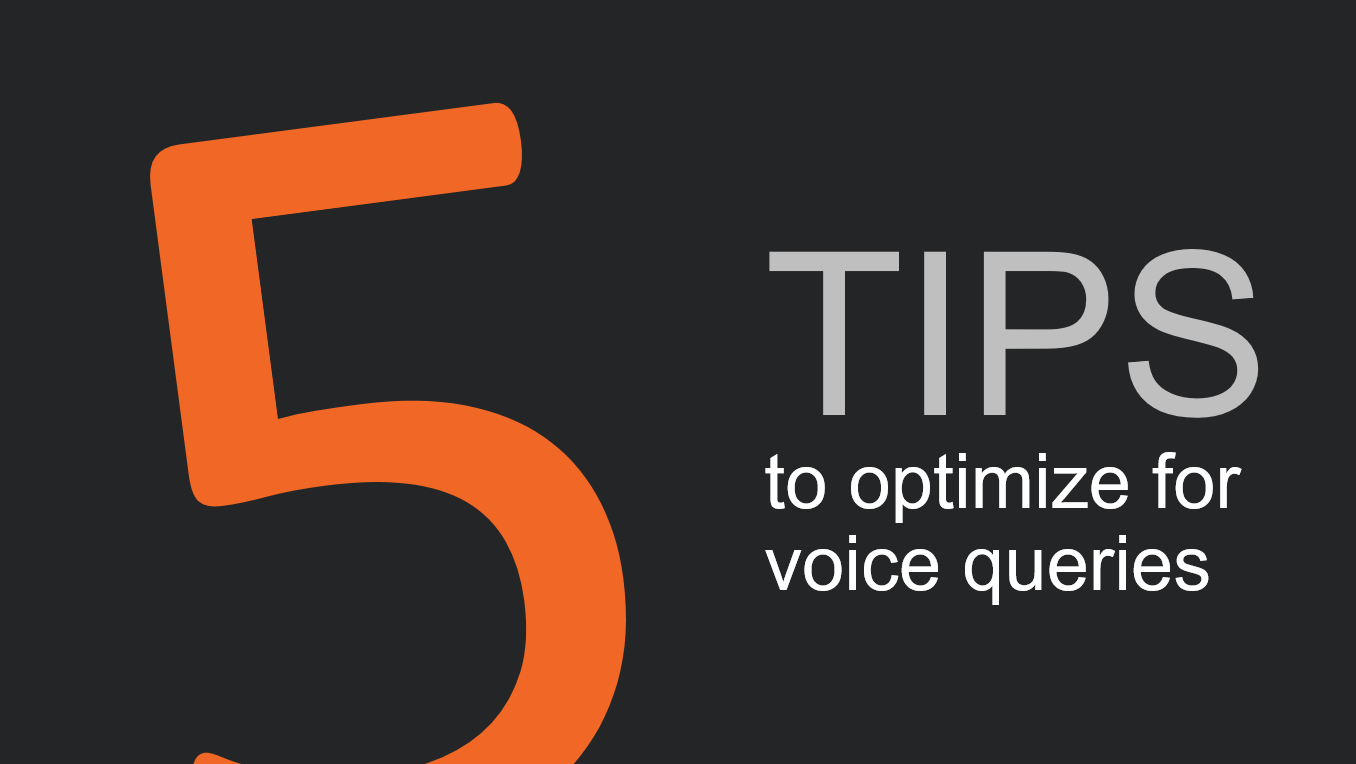
Number one is a shift in your thinking about how you identify the keywords that fuel your search engine optimization efforts. There’s some great tools that are out there like answerthepublic.com or Google’s own ‘People also ask’ the suggestion tool that you find when you search on Google, that’s going to give you access to whatever are commonly referred to in the industry as ‘longtail keywords’, complex phrases that mimic the way that we speak to voice-based search devices.
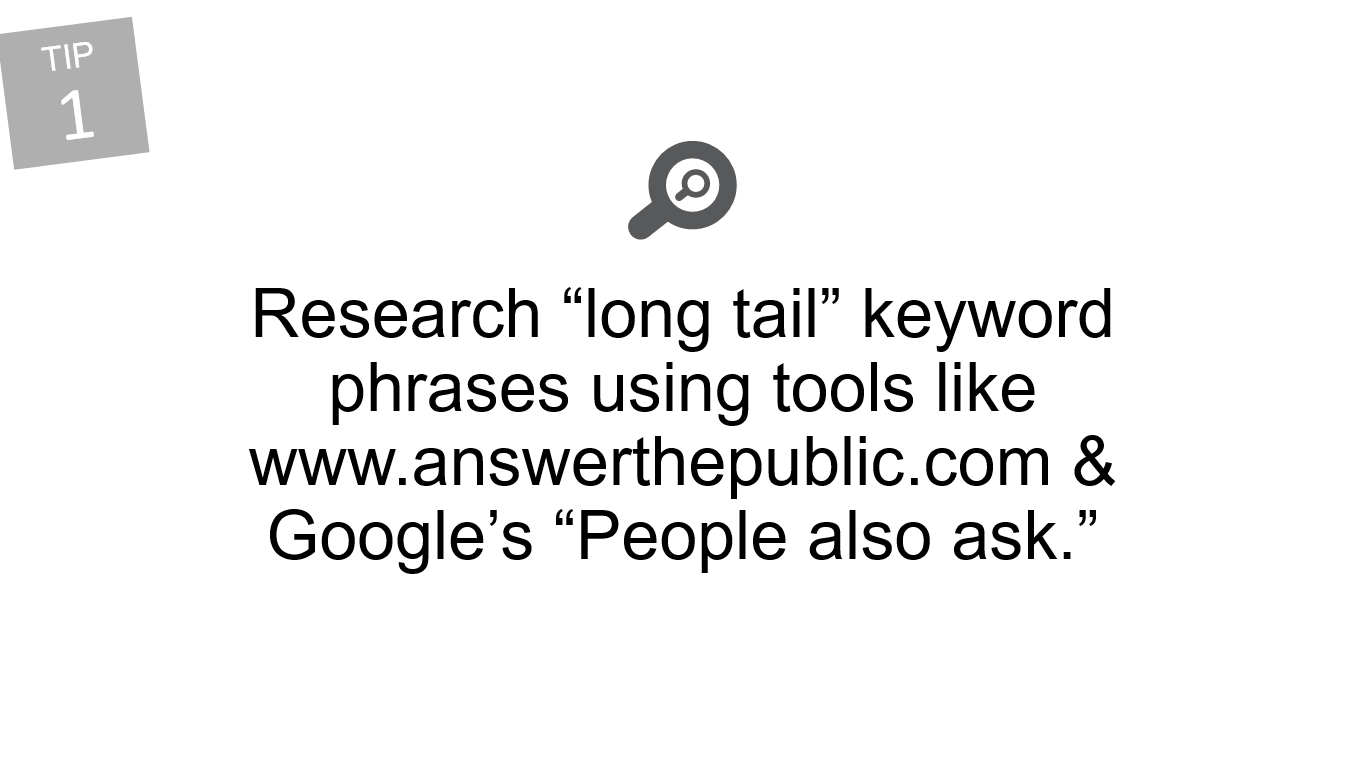
Second thing you need to be thinking about is well what do you do with that once you have that keyword research. Applying that keyword research in your content marketing optimization efforts becomes more important than ever because we need to deliver more complex and diverse information on our site to be able to tap into this search opportunity.
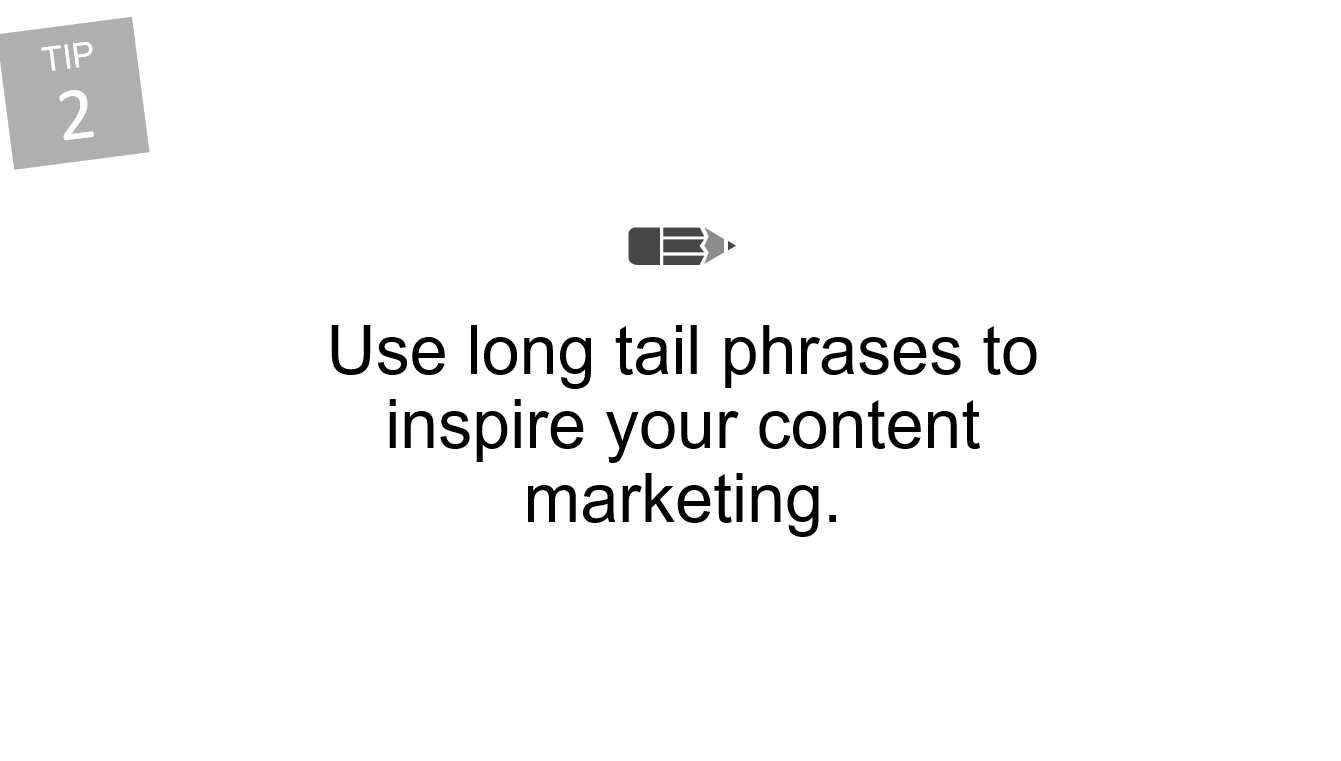
Now, in addition to that we need to understand voice queries are often in the form of a question. So adding more FAQs, questions and answers directly to your site is going to make you better enabled to tap into those voice search opportunities.
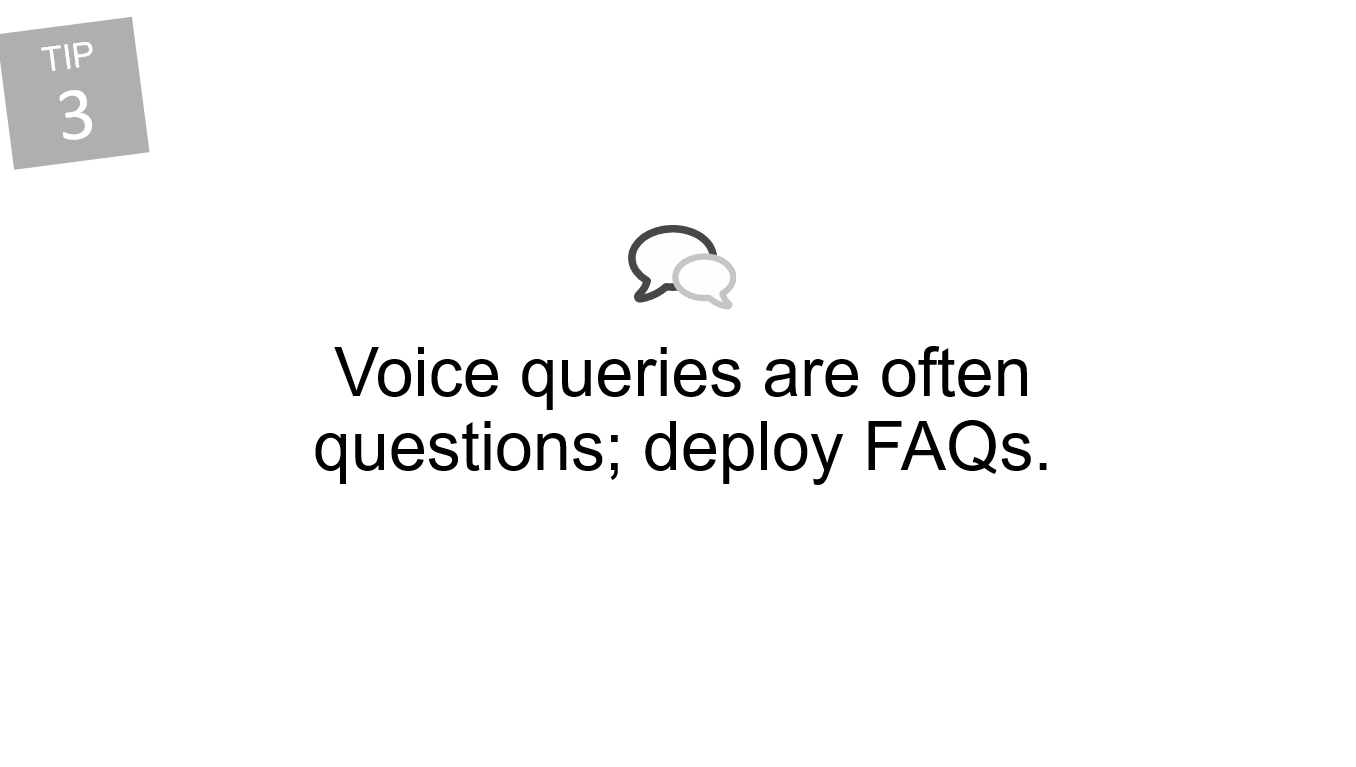
It’s also true that about 1 in 4 voice searches have local intent – we’re walking down the street looking for things that are near me. So continuing to focus on local optimization is important to tap into these new voice search opportunities.
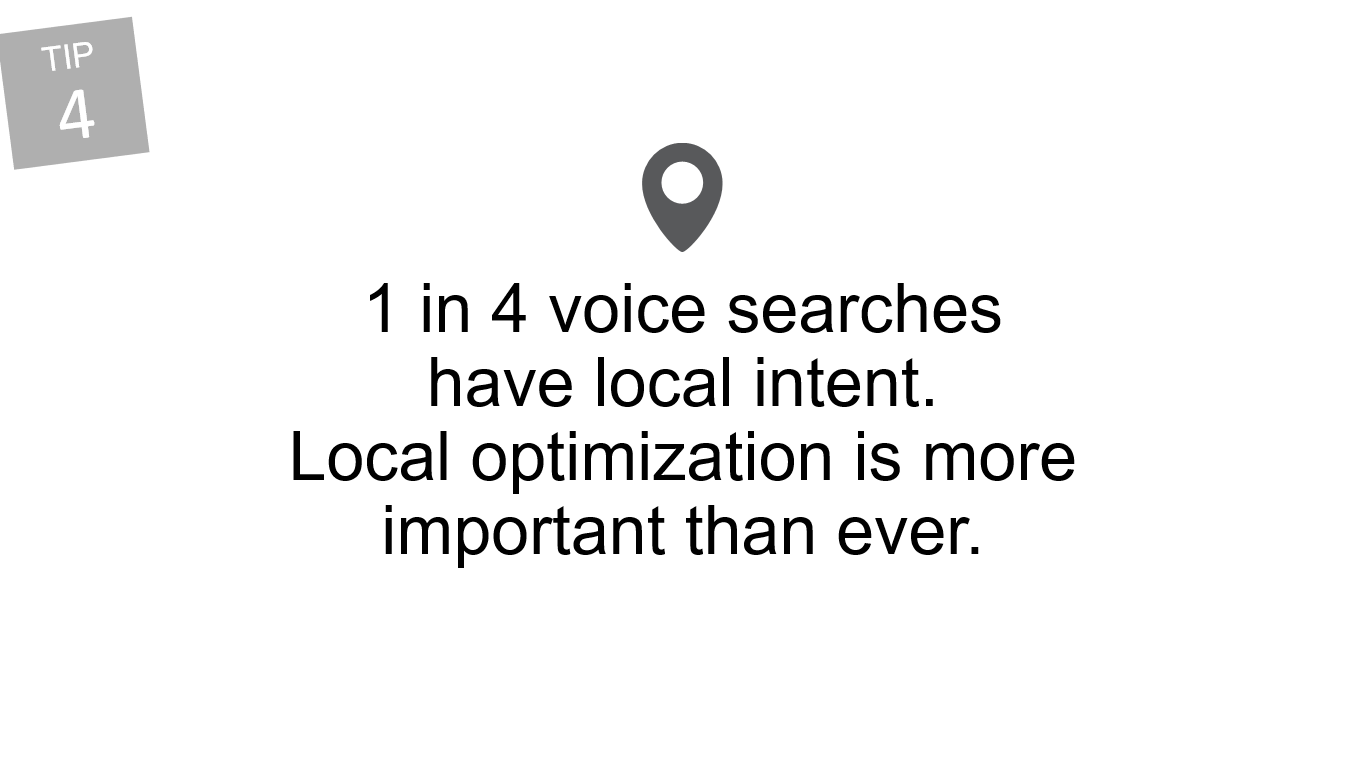
Finally, it’s something we’ve talked about a lot in recent presentations, is the idea of using ‘structured data’ to help Google better understand what you do and where you do it. So being sure that you, your team, or your agency are effectively applying Schema on your site is also going to give you an advantage.
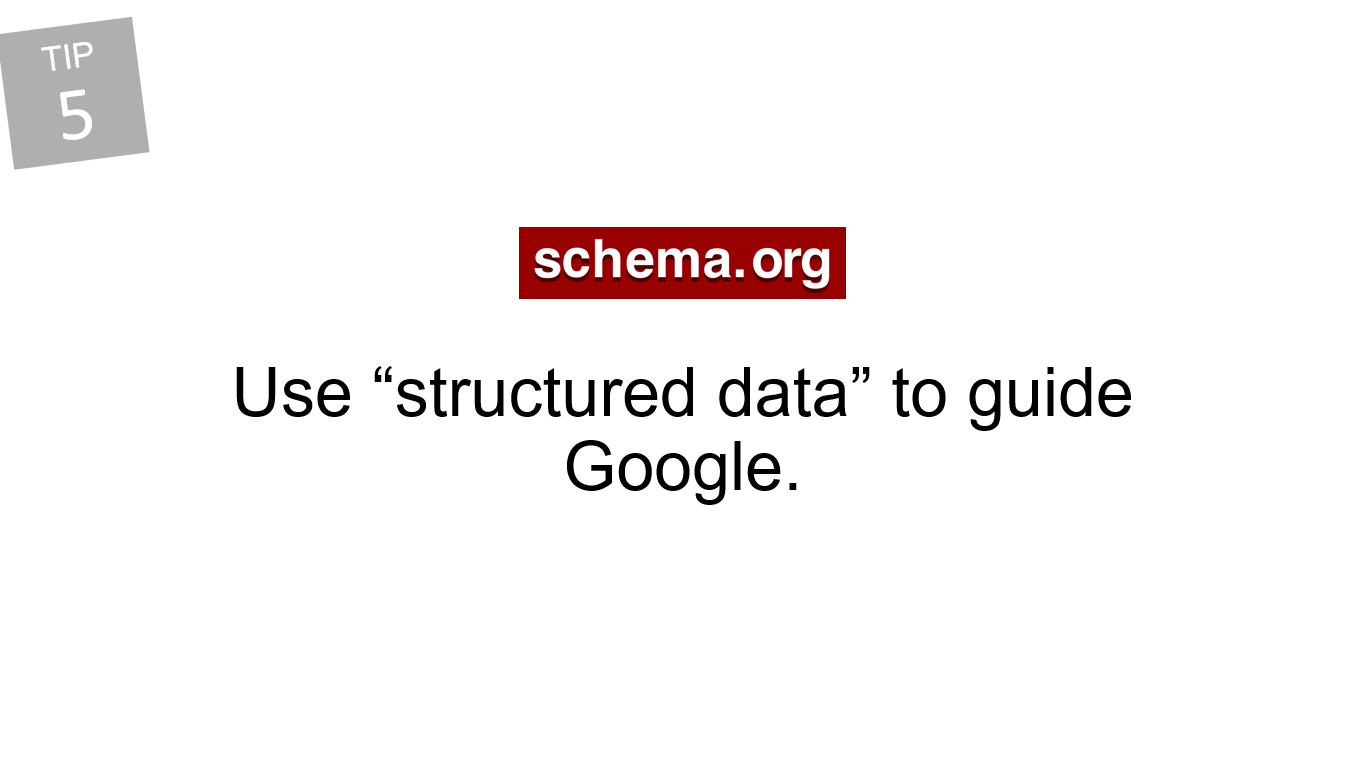
So the question here really, as we start thinking about this important change for Google, the BERT enhancement to their algorithm, is whether or not you’re really ready for voice search. Now, for Etna accounts don’t fear, for a very long time preparing for voice search and optimizing for voice search has been core to our strategy and how we service our clients. But if you’re not sure your agency partner has this covered, go back, look at those tips again, and have that conversation to make sure you are in fact ready for the growth and emergence of voice-based search.

Of course, if you have any questions, or suggestions, go down there in the comments section of the blog or on YouTube and let us know what you’re thinking and how we can help.


Leave a Comment